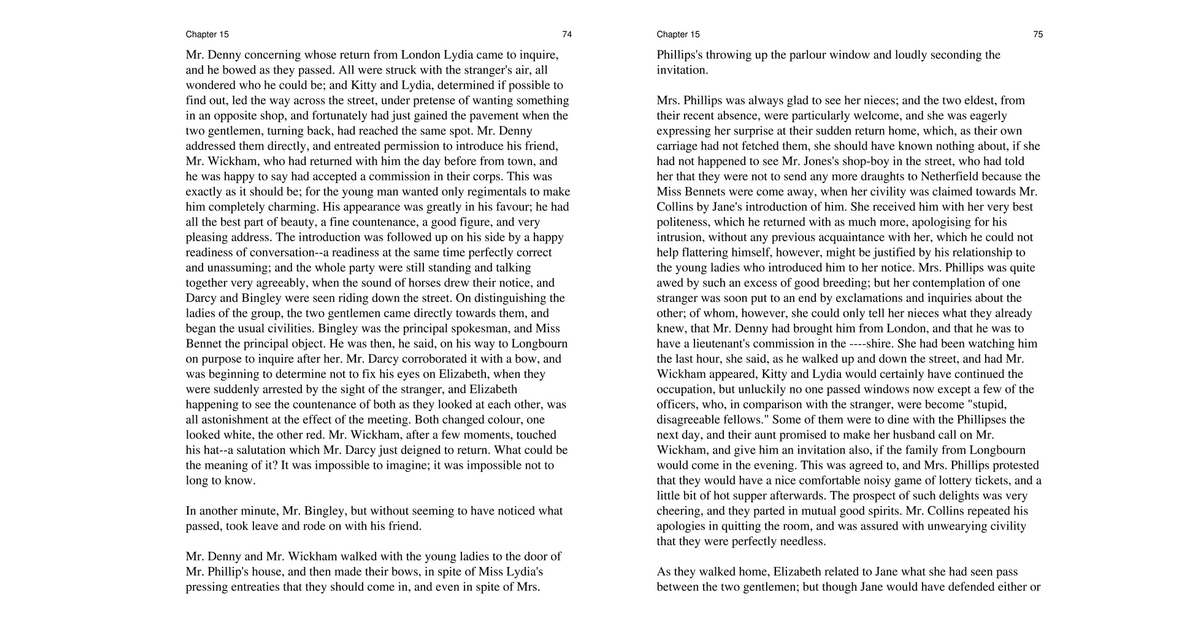The teachings of the Bahá’í Faith encapsulate a profound understanding of human conduct, emphasizing virtues that foster unity and compassion. Within this sacred framework, the concepts of pride and prejudice emerge as cardinal vices, illustrating a spiritual warning against the insidious nature of these attributes. This discourse unravels the multifaceted dangers of pride and prejudice through the lens of Bahá’í teachings, exploring the implications on both individual and collective levels.
To initiate this exploration, it is imperative to define pride and prejudice as they pertain to Bahá’í philosophy. Pride manifests as an inflated sense of self-importance, leading individuals to harbor an excessive belief in their superiority over others. Prejudice, conversely, encompasses irrational judgment or aversion towards individuals based on arbitrary distinctions such as race, religion, or socioeconomic status. Together, these attributes erect barriers to genuine connection and understanding among humanity, contradicting the central Bahá’í principle of unity.
One of the primary dangers of pride is its propensity to breed discord. When individuals succumb to pride, they may become impervious to constructive criticism and resistant to the insights of others. This obstinacy hinders personal growth and obstructs the quest for truth. Bahá’í teachings encourage humility as an antidote to pride, positing that true nobility arises from recognizing one’s limitations and embracing the wisdom of the collective. By cultivating humility, individuals create an atmosphere wherein collaboration and mutual respect can thrive, counteracting the divisive tendencies engendered by pride.
Furthermore, pride engenders an illusion of separation, fostering an “us versus them” mentality. This delineation crystallizes into a host of societal issues, including discrimination and intolerance. The Bahá’í perspective underscores the importance of transcending personal egocentricity to achieve a broader understanding of humanity’s interconnectedness. The notion of oneness elucidates that each individual is a vital component of the whole, and that pride in one’s own identity can inhibit recognition of the shared human experience. Hence, when one clings to pride, they inadvertently perpetuate injustice and suffering, wreaking havoc on the fabric of society.
In parallel, prejudice manifests an equally pernicious danger. Unlike overt displays of discrimination that signal societal inequality, prejudice functions insidiously, often cloaked in societal norms or accepted biases. This subconscious inclination to judge others based on preconceived notions stifles the embrace of diversity that the Bahá’í Faith espouses. Prejudice leads to the dehumanization of others and reinforces systemic inequalities, perpetuating cycles of mistrust and animosity. The Bahá’í teachings implore followers to eliminate all forms of prejudice, recognizing that true progress is inextricably linked to the acknowledgment of the inherent worth of every individual, regardless of superficial distinctions.
Moreover, the emotional ramifications of pride and prejudice are far-reaching. Individuals consumed by pride often experience isolation, as they distance themselves from those they deem inferior. The resultant loneliness can lead to despair, a condition antithetical to the joy and connection advocated by Bahá’í principles. Prejudice, similarly, fosters relational barriers, precluding opportunities for genuine companionship and dialogue. The Bahá’í tenets encourage an examination of one’s attitudes and beliefs, advocating for a transformative approach toward others that is steeped in empathy and understanding.
Interpersonal relationships are also significantly affected by these vices. The Bahá’í teachings accentuate the importance of fostering harmony within familial, communal, and global relationships. Pride can disrupt familial bonds, inducing competition and resentment among family members. In a community context, the prideful individual may resist cooperation, thereby stagnating communal efforts toward collective advancement. By relinquishing pride, individuals can fortify their connections with family and community, fostering an environment ripe for cooperative endeavors.
Equally, prejudice adversely impacts community cohesion. When individuals allow bias to dictate their interactions, they sabotage the essential fabric of trust that undergirds healthy communities. The Bahá’í principle of consultation offers a paradigm that counters prejudicial tendencies by inviting diverse perspectives and facilitating respectful dialogue. By embracing consultation, individuals reaffirm their commitment to unity and collective decision-making, thus dismantling the destructive forces of prejudice.
It is also essential to recognize that the dangers of pride and prejudice extend beyond personal and communal spheres, affecting societal and global dynamics. In an increasingly globalized world, nationalistic pride can incite conflict and undermine international cooperation. The Bahá’í Faith advocates for a world-embracing perspective that transcends ethnic, national, and religious boundaries. Such a perspective is foundational for achieving global peace. When nations prioritize pride in their superiority, they create adversarial relationships that hinder collaboration on pressing global issues such as climate change, poverty, and social injustice.
In conclusion, the Bahá’í teachings present a poignant warning regarding the dangers of pride and prejudice. These vices not only cultivate division and discord but also obstruct the realization of a unified human family. By advocating for humility and the elimination of prejudices, the Bahá’í Faith offers a transformative path toward fostering a spirit of love and unity. As individuals and communities strive to embody these teachings, they pave the way for a more harmonious and equitable society, in alignment with the overarching goal of creating a world characterized by peace and justice.
